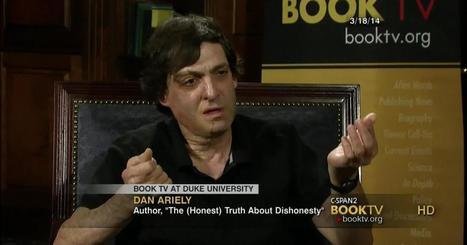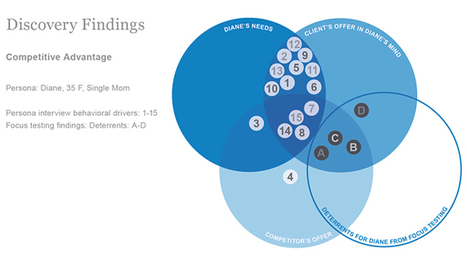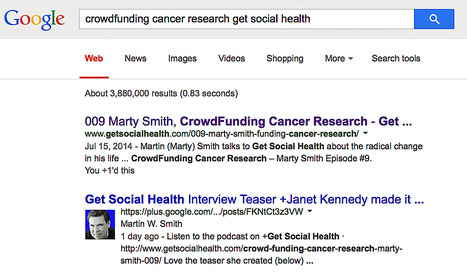Professor Dan Ariely talks about his book, [The (Honest) Truth About Dishonesty: How We Lie to Everyone - Especially Ourselves], in which he discusses different examples of dishonesty and looks at…
Get Started for FREE
Sign up with Facebook Sign up with X
I don't have a Facebook or a X account
 Your new post is loading... Your new post is loading...
 Your new post is loading... Your new post is loading...

Joachim Scholz, PhD's curator insight,
November 3, 2013 4:37 PM
It is no secret that I am no big fan of focus group. This article does a really good job in listing some points why: Focus groups are prone to social bias and do not deliver findings that are giving you any deep insights. Focus groups are conducted in an artificial environment and emphasize rational decision making far more than you will see it happening "in the wild". Thus, focus groups are more like a less stringent survey done in a group, which is a very uncomfortable and dangerous hybrid between quantitative and qualitative methods.
Instead, you might want to create deep consumer insights through long interviews or persona modeling, or get a better understanding of how consumers act through observational methods.
Read the full article for a case study that tells you how persona modelling fared in comparison to focus group insights. |

Shaz J's comment,
September 3, 2012 3:20 AM
You're welcome :)
It's interesting interesting that you mention POV and stance, as that is not something I had explicitly articulated for myself, but naturally it must be implicitly true. In that sense, it reminds me (again) that curation forces self-reflection in order to present the content better, and that can only be a good thing. 
Liz Renshaw's comment,
September 8, 2012 9:57 PM
Agree with posts about curation guiding self reflection. This interview in particular is top value and two of my fav people indeed.

Andrew McRobert's curator insight,
August 19, 2014 8:43 AM
8. This links a series of three interviews quite lengthy but there is some insightful information for the novice in the digital information age. There is video links within the article, including a great question and answer with Robin Good on curation. The video brings a balance to this inclusion. |








![Curators Create Metadata For An Emerging Collective Intelligence [+Robin Good Note] | BI Revolution | Scoop.it](https://img.scoop.it/vzde2p5JYPsaZ2T72YNipDl72eJkfbmt4t8yenImKBVvK0kTmF0xjctABnaLJIm9)





Great new book from Predictably Irrational author Dan Ariely that shines the same light on contextual honesty.